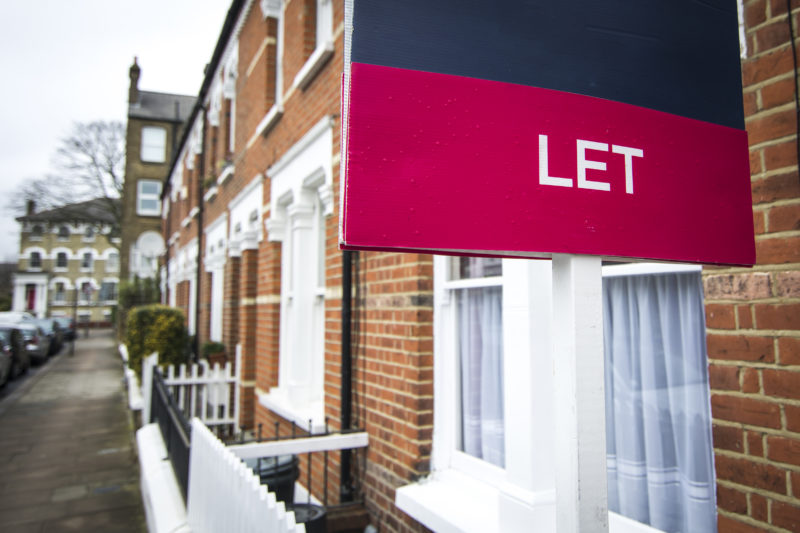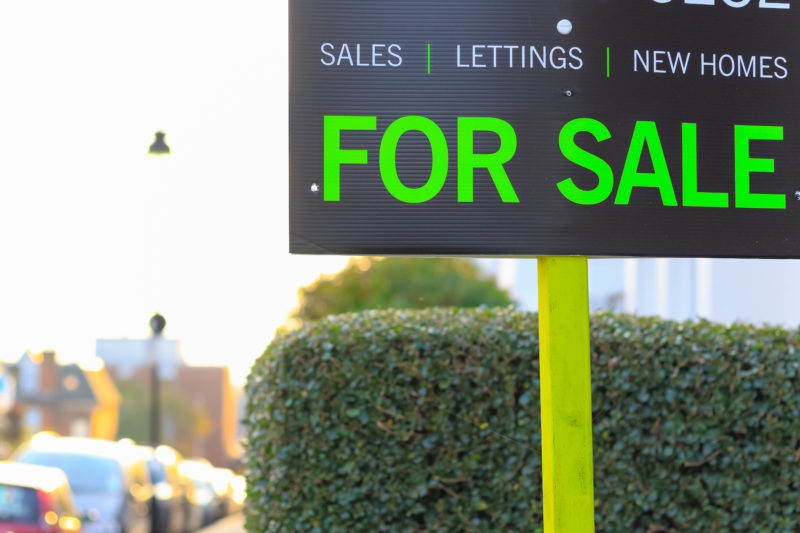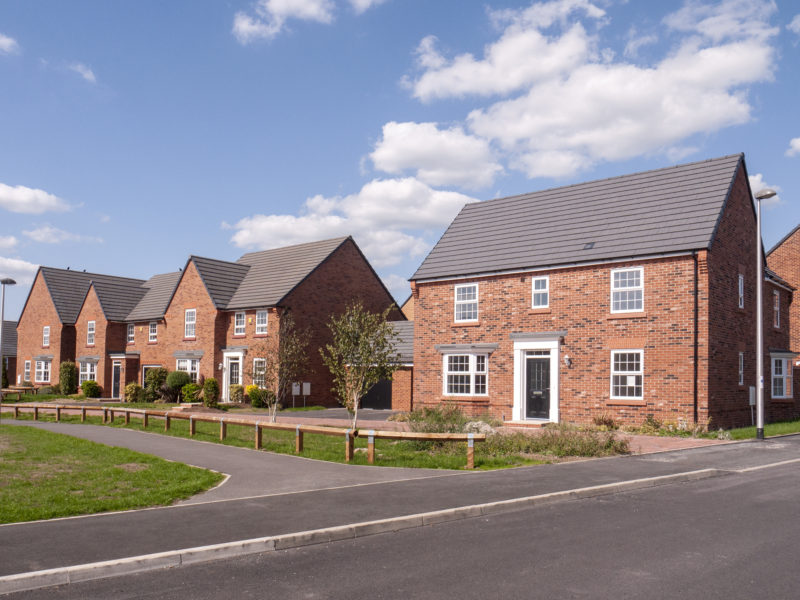We all need somewhere to call home, but whether you rent or buy can depend on a number of factors. Rent tends to be the more affordable option, but if
We all need somewhere to call home, but whether you rent or buy can depend on a number of factors. Rent tends to be the more affordable option, but if you invest in a house or flat, you have security and somewhere to truly call your own.
But where in the UK are the rental hotspots and where are the homeowner havens? We investigate.
Who rents in Britain?
Have you heard the phrase ‘Generation Rent’? It describes the millennial age group – those born between 1980 and 2000. As the name suggests, its members are unlikely to own property. In fact, 40% of millennials are likely to be renting by the age of 30 according to a report from the Resolution Foundation. That’s twice as many as Generation X; those born between 1965 and 1980.
Low wage growth and high house prices make it tricky to get on the housing ladder, particularly for young adults. Because renting doesn’t require a large deposit, for many of us, it’s more achievable than buying.

Which areas are best for UK renters?
Rental rates tend to vary throughout the UK, with London boasting the highest in the country. Rent consumes almost 35% of the average Londoner’s salary, followed by Brighton and then Edinburgh and Bristol.
According to research by the Labour Force Survey, London has the highest percentage of private renters in the country (26% of households), whilst the north-east of England has the lowest – just 14% are in privately rented accommodation.
The typical renter in Hull pays the lowest rent in Britain and uses just over 11% of their salary, followed by renters in Liverpool, Sheffield and Newcastle.
What about buyers?
House prices in the UK seem to follow the same pattern as rental prices, with London topping the charts. As a consequence, only 32% of 25-34-year-olds in London and the south-east own a home, compared to 64% twenty years ago. Hull is one of the cheapest places in the UK to buy a house, according to research by Zoopla.
The Labour Force Survey also revealed that the highest percentage of homeowners is in the south-east (70%), followed by Wales and the south-west (69%). The lowest percentage of homeowners is in London.

The future of home ownership
Although the number of British renters has increased over the past 20 years, more than half of Britons are homeowners. However, as these homeowners age and die, will this figure change as more and more younger people are struggling to get on the ladder?
New research suggests that “owning a home is cheaper than renting in every part of the UK,” but unless first-time buyers are able to raise a deposit of up to £135,000 in London, they are going to be forever priced out of their dream.
Whether you’re saving for a deposit on a house, or for your damage deposit on your first rental, it’s important you carefully manage your budget, so you can make your dream a reality.



















































































































COMMENTS